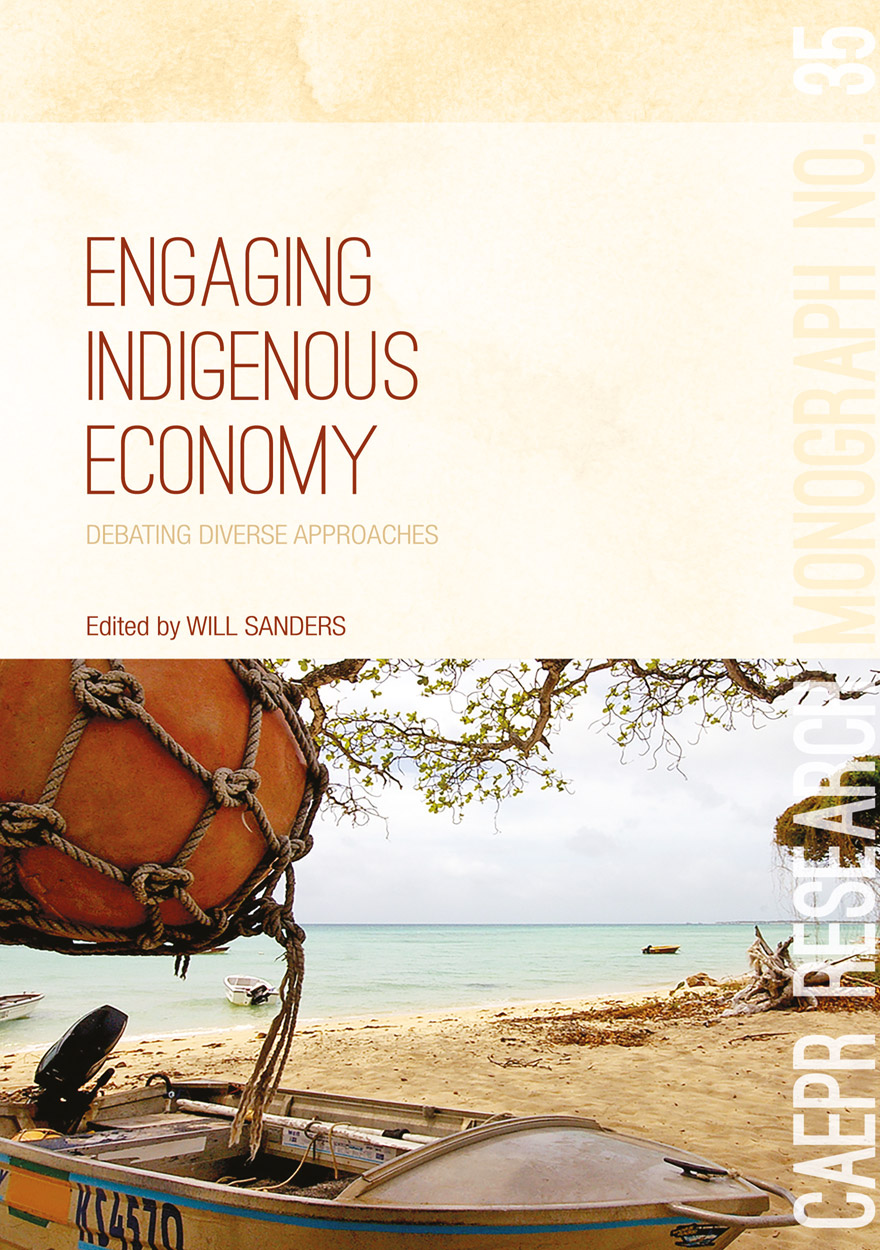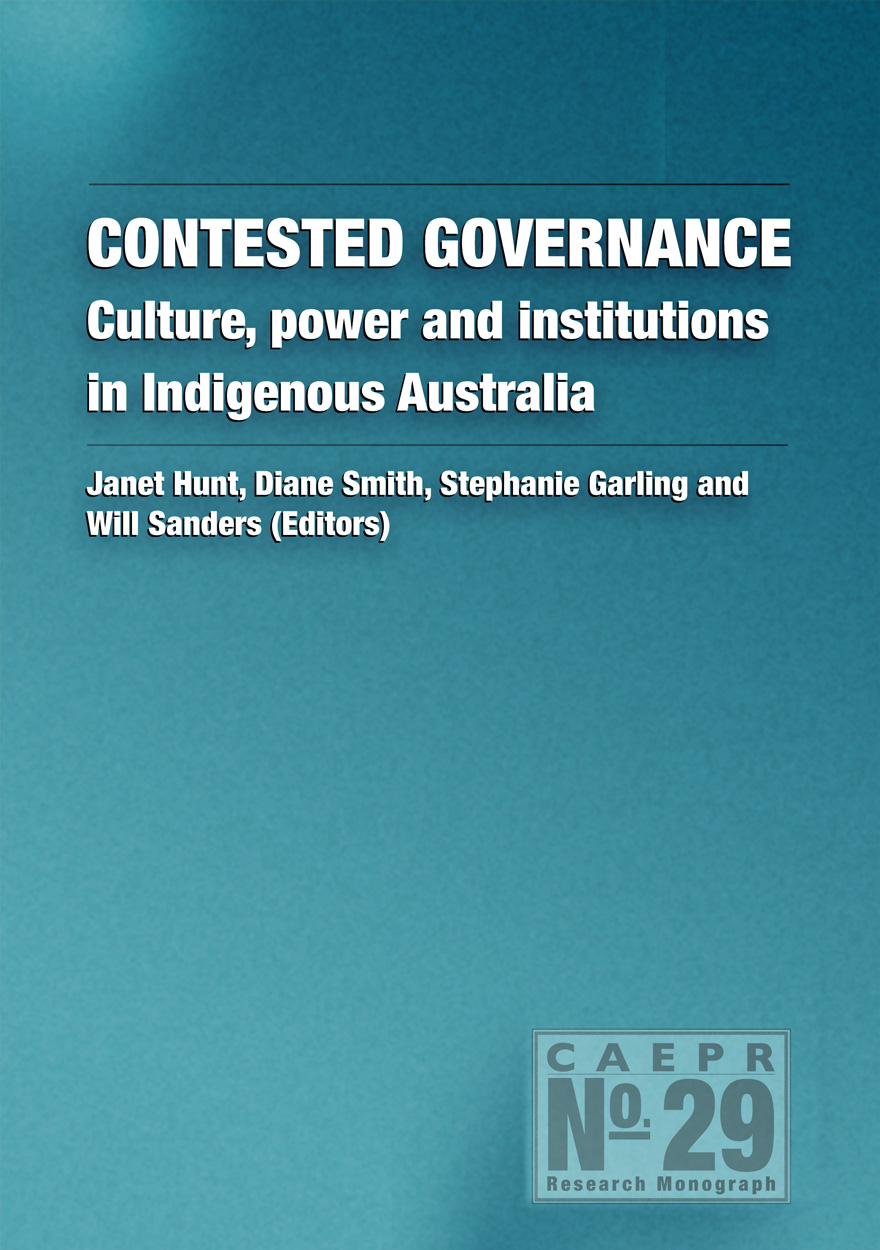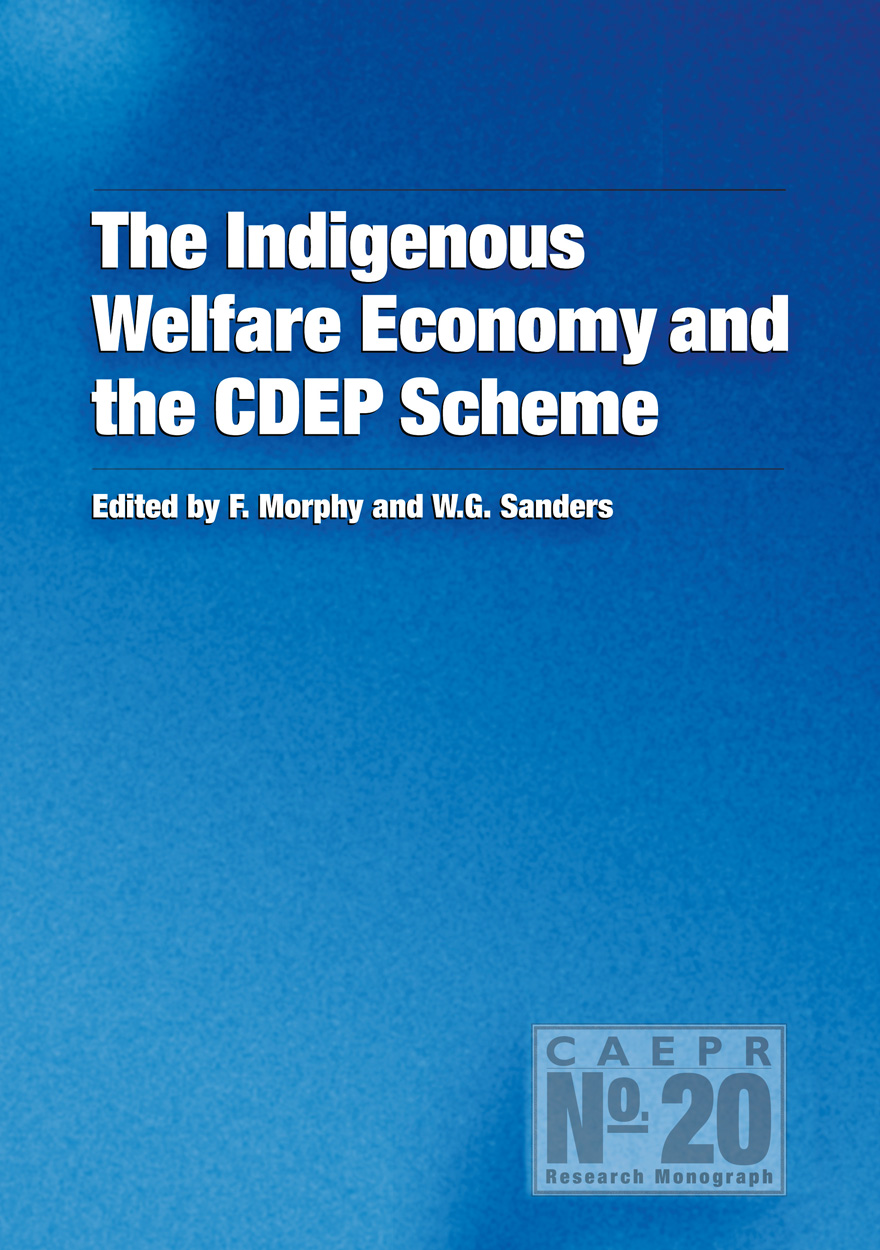Will Sanders

Will Sanders is a Senior Fellow at the Centre for Aboriginal Economic Policy Research (CAEPR) at The Australian National University.
Will joined CAEPR as a Research Fellow in 1993 and was appointed as Fellow in 1999 and Senior Fellow in 2007. His undergraduate training was in government, public administration, and political science, and his PhD was on the inclusion of Aboriginal people in the social security system. Will’s research interests cover the political and social aspects of Indigenous policy, as well the economic. He regularly works on Indigenous people’s participation in elections, on housing and social security policy issues, including the Community Development Employment Projects scheme, and on federal and intergovernmental aspects of Indigenous affairs policy.

Engaging Indigenous Economy »
Debating diverse approaches

Contested Governance »
Culture, power and institutions in Indigenous Australia

The Indigenous Welfare Economy and the CDEP Scheme »




